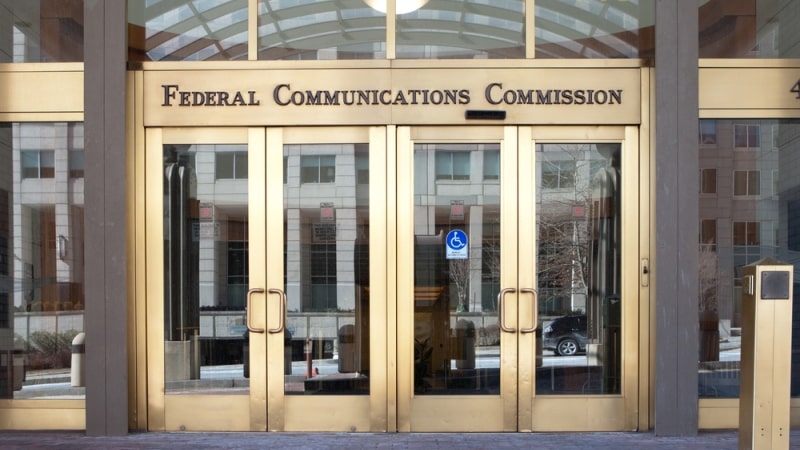
Federal Communications Commission (FCC) Chair Jessica Rosenworcel today announced the formation of the Task Force to Prevent Digital Discrimination, a cross-agency task force that will focus on creating rules and policies to combat digital discrimination and to promote equal broadband access nationwide.
In a press release, the FCC said that D’wana Terry, special advisor to the Chairwoman and acting director of the Office of Workplace Diversity, will lead this agency-wide effort in collaboration with Sanford Williams, special advisor to the Chairwoman and deputy managing director in the Office of the Managing Director, and Alejandro Roark, chief of the Consumer and Governmental Affairs Bureau, with additional support from other FCC bureaus and offices.
“This work will touch almost every part of the agency and it’s why I’ve asked D’wana Terry to lead this effort from my office,” Rosenworcel said in a statement. “D’wana has held senior leadership positions within teams that will be critical to this effort including the Wireline Competition Bureau, the Wireless Telecommunications Bureau, and the Consumer and Governmental Affairs Bureau. With support from Sanford Williams and Alejandro Roark, as well as the support of every Bureau and Office at the agency, I have every confidence that D’wana and her team will ensure that we properly take on what Congress has asked of us.”
Rosenworcel added, “Addressing digital discrimination and redlining is a critical piece to living up to our standard of equal access to the infrastructure needed for 21st-century success – no matter who you are or where you live. Your zip code should not determine access to broadband – which this pandemic has proven is a must-have, just like electricity or water.”
The FCC’s mandate to address digital discrimination and redlining comes from the Infrastructure Investment and Jobs Act, signed into law by President Biden in Nov. 2021. The legislation requires the FCC to adopt final rules to “facilitate equal access to broadband service that prevents digital discrimination and promotes equal access to robust broadband internet access service by prohibiting deployment discrimination based on the income, racial or ethnic composition, and other agency determined relevant factors of a community.”
The new Task Force to Prevent Digital Discrimination will also oversee the development of model policies and best practices states and local governments can adopt that ensure Internet Service Providers do not engage in digital discrimination. As part of the legislation’s mandate, the FCC will revise its public complaint process to seek feedback more prominently from consumers who may be facing digital discrimination in their communities. Per the bill, these initiatives must be completed by November 2023.
